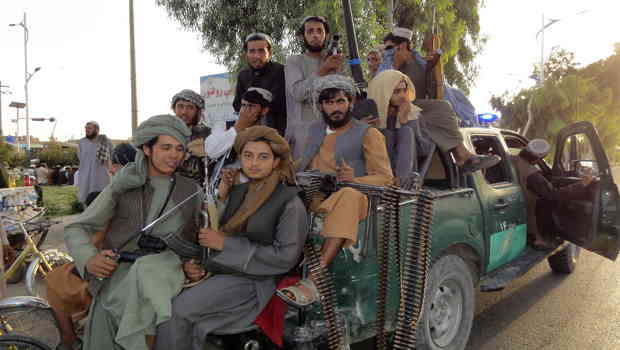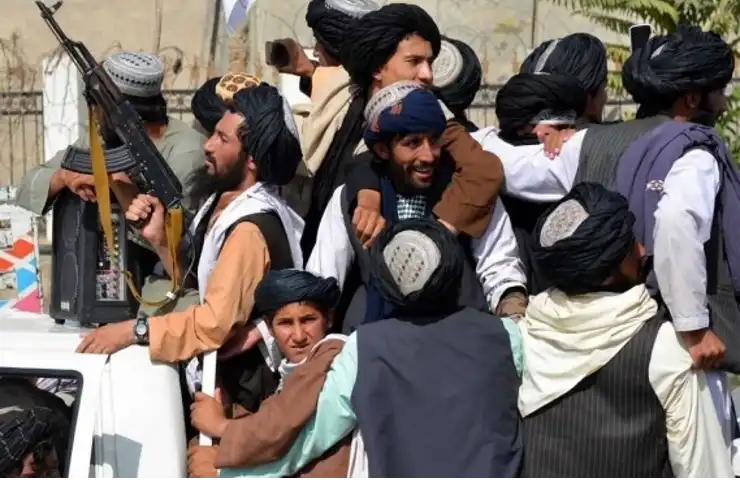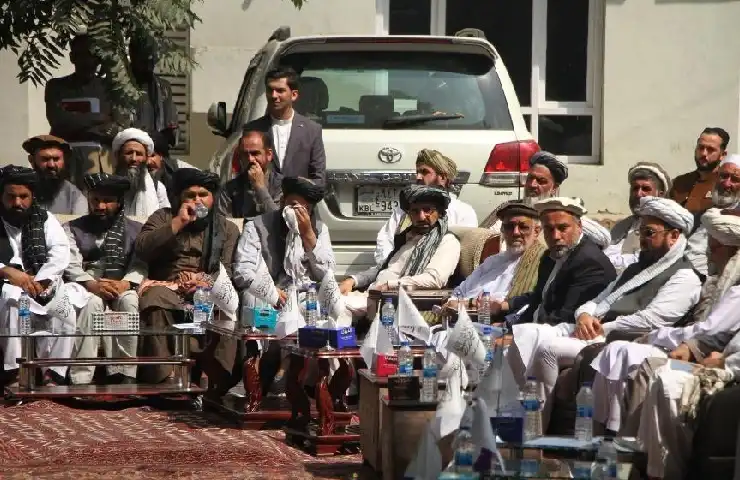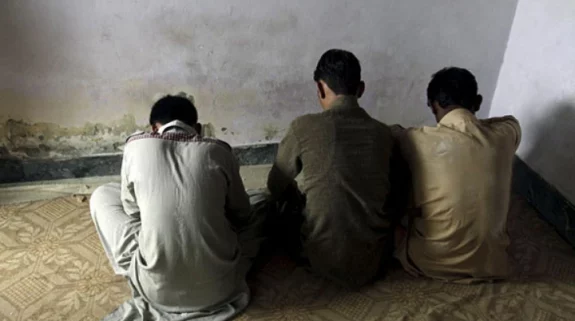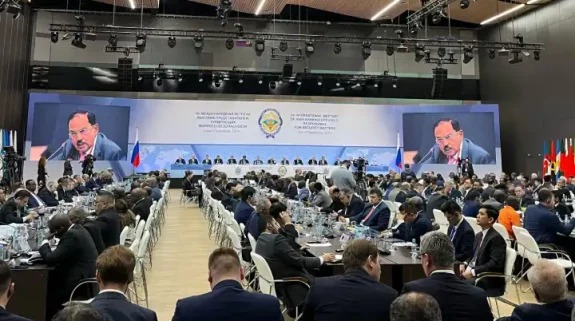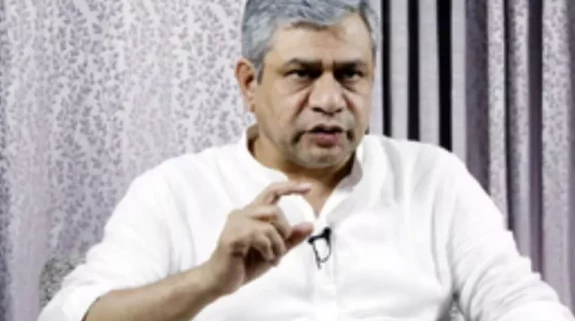By Akhtarul Wasey
There is one thing I would like to point out before discussing Sharia, and that is the Afghans have never tolerated the hegemony of foreign power. They have overthrown the British, the Russians, and now the twenty-year-long occupation of the United States of America, sanctioned by the-then President George Bush.
That era has to come to an end. America was forced to leave with no objectives achieved, and on August 15, 2021, the Islamic Emirate of Afghanistan (though unrecognised) was formed with the Taliban in power and Sharia as the law of the land.
There has always been much curiosity about the term ‘Sharia’ and how it treats women and minorities. Before the invasion by the USA, the Taliban ran itself as a theocracy backed by Sharia, which was more in line with the religious edicts of the group’s founding leader Mullah Omar.
Now, going by the past experiences of Taliban and Sharia, I can say that it was not a comfortable experience. We should not forget how the strict interpretation of Sharia and intolerance towards other cultures have fostered enmity between Islam and other religions, like Buddhism.
With the destruction of the Bamiyan Buddha in 2001, the Taliban basically made the Muslim world the enemy of the Buddhist world. How will they explain the survival of the Buddha statues from the period of the Turkic Ghaznavid Dynasty? The Muslim rulers then did not think of destroying it; then why should the Taliban’s interpretation of Islam lead to destruction? These were giant, prominent and valuable sculptures of Buddhas. The major contribution of the Taliban regime was intolerance that embittered the Buddhists against Muslims in Sri Lanka and Myanmar. The Rohingya problem became grave with time.
There is no ground for Sharia law to stop women from being educated or participating in nation-building. Within the framework of religion, women were leading in many fields. Prophet Muhammad’s wife Khadija was a trader, and continued to be one after prophethood was bestowed upon Hazrat Muhammad (PBUH). His daughter Fatima gave sermons in the mosque about her position in Islam and the world hereafter. Ayesha, also the wife of the Prophet, contributed in Sharia, and, in fact, a third of the Sharia has her impression.
The past is reflecting on the terms of the tribal culture in the life of Afghanistan; it is not Sharia if it does not engage with women and minorities in a humane way. The Sharia laws are not discriminatory, as what is expected of women is also expected of men.
If Sharia has to be followed, respect has to be given to all, including the minorities. It has to allow every Afghan national to participate in nation-building without any discrimination of gender. Education and knowledge are the foundation of Islam, as the Prophet has himself spoken about its significance and to go to any place or length to acquire it. An educated woman is the sign of a prosperous and aware society. Educating a woman is educating generations.
There is no Sharia law if these words of the Prophet are not emulated or followed. There are Muslims in India, and I think this model can show the world how Muslims live in a multi-ethnic society, without losing their understanding or Islamic laws. It is not tribal.
The Prophet of Islam was kind to the other minorities, and not only that, he was merciful to his enemies. The Quran says, “There is no compulsion in religion,” and also ensure religious diversity by declaring, “Your religion is for you and my religion is for me.”
After the Prophet reached Mecca along with his huge number of supporters, and someone among them raised slogans, “today is the day of revenge to settle the past atrocities.” The Prophet (PBUH) had disapproved of that and said, “No, today is the day of mercy and compassion.”
There are people who look at Sharia differently. I look at it as I found it – encouraging equality and protecting rights.
The author is President of Maulana Azad University, Jodhpur, and Prof Emeritus (Islamic Studies) at Jamia Millia Islamia, New Delhi.
(The article first appeared in news18.com and has been republished with the author's permission. Views expressed are personal.)






